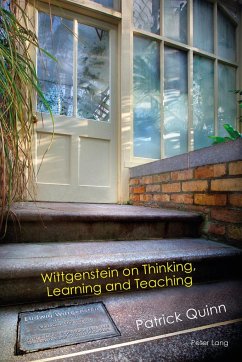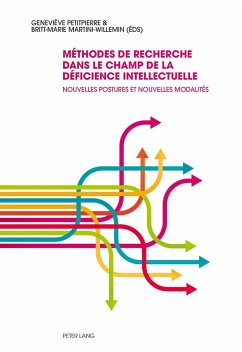
Charm and Speed
Virtuosity in the Performing Arts
Versandkostenfrei!
Versandfertig in 6-10 Tagen
36,55 €
inkl. MwSt.

PAYBACK Punkte
0 °P sammeln!
What is virtuosity? Is it an innate gift or can it be taught? How does it manifest in music, dance, or drama, and by what criteria? What does it take to become a virtuoso/a; what are the odds of success? And ultimately, at what price? Examining the concept of virtuosity in multiple perspectives, this book helps to answer those questions and many more. V. A. Howard traces virtuosity from its historical roots to philosophical and psychological learning theory to the rigours of professional training and shows how high level performers are made, marketed, and sold by those who broker talent as a c...
What is virtuosity? Is it an innate gift or can it be taught? How does it manifest in music, dance, or drama, and by what criteria? What does it take to become a virtuoso/a; what are the odds of success? And ultimately, at what price? Examining the concept of virtuosity in multiple perspectives, this book helps to answer those questions and many more. V. A. Howard traces virtuosity from its historical roots to philosophical and psychological learning theory to the rigours of professional training and shows how high level performers are made, marketed, and sold by those who broker talent as a commodity.
Critics and theorists will find this book comprehensive and illuminating. And for that vast group of budding aspirants (and their mentors) who desire to «make it», to figure out where they are going, how far and why, the insights contained herein are key to survival. No dance or drama studio, regional theatre, music school, or conservatory can afford to ignore this hard look at the realities of classical performance art and training. For those whose vocation is performance, this is required reading.
Critics and theorists will find this book comprehensive and illuminating. And for that vast group of budding aspirants (and their mentors) who desire to «make it», to figure out where they are going, how far and why, the insights contained herein are key to survival. No dance or drama studio, regional theatre, music school, or conservatory can afford to ignore this hard look at the realities of classical performance art and training. For those whose vocation is performance, this is required reading.














